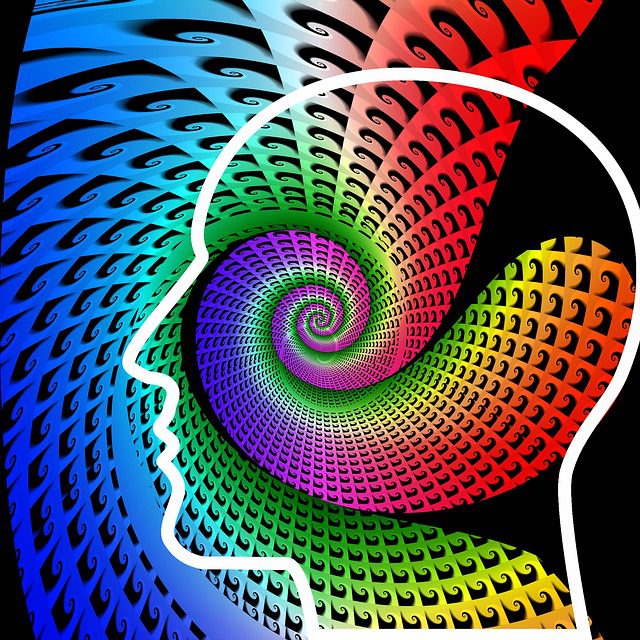Science has uncovered a huge amount of information about the universe. But some areas are proving resistant. One intractable puzzle is consciousness.
Part of the mystery is how it’s possible to have a unified self that can experience and reflect upon the stream of sensory impressions and thoughts of the mind. For all of the fear that Artificial Intelligence will gain so much information and processing speed that it will achieve consciousness, neuroscientists agree that such capabilities have nothing to do with consciousness. However, they admit that they can’t account for consciousness either.
The other part of the mystery is the content of consciousness. Galileo himself, who did so much to advance physical science, said that such things as colors, tastes and smells lie outside that realm, since “they reside only in consciousness.” Another part of the mystery is the problem of mind itself. Says Dan Falk of Scientific American:
Since Galileo’s time the physical sciences have leaped forward, explaining the workings of the tiniest quarks to the largest galaxy clusters. But explaining things that reside “only in consciousness”—the red of a sunset, say, or the bitter taste of a lemon—has proven far more difficult. Neuroscientists have identified a number of neural correlates of consciousness—brain states associated with specific mental states—but have not explained how matter forms minds in the first place.
Falk writes about a new way of approaching these questions in an article published in the International New York Times, available from behind a paywall in India’s Daccan Herald: Is Consciousness Part of the Fabric of the Universe?
He tells about a conference on Panpsychism, the theory that everything has a consciousness: “The concept proposes that consciousness is a fundamental aspect of reality, like mass or electrical charge.” He notes, “Part of the appeal of panpsychism is that it appears to provide a workaround to the question posed by Chalmers: we no longer have to worry about how inanimate matter forms minds because mindedness was there all along, residing in the fabric of the universe.”
At least one of the participants did use the G-word: Philosopher Paul Draper noted that it may be that “consciousness was already there before brains existed, like an all-pervasive ether. If the idea is correct, he writes, ‘then (in all likelihood) God exists.’”
But such a pervasive consciousness would likely not be the God of the Bible but the God of pantheists, who believe that nature itself is divine. Though perhaps it could be the God of “panentheists,” who believe that God is in all things. That can, arguably, be orthodox, since God is both transcendent and immanent, though it often isn’t.
Here, though, is my problem with this. There is abundant evidence–for example, the correspondence of the mental exercises of mathematics to the objective world–that there is a mind behind the universe. This we call God, the Creator. The various problems of consciousness are evidence for that mind and also for another supernatural substance: the soul.
But such conclusions are taboo in the scientific and secular culture. They are ruled out at the outset and must not be even be considered. So whenever science approaches such evidence it spins out elaborate theories to give an alternative explanation.
Thus, the “fine tuning” of the universe for life is evidence for God’s creation, against which cosmologists posit explanations such as there being an infinite number of “multiverses” so that all possibilities can be realized, including one finely tuned for the evolution of life.
And the existence of particular minds is explained by saying that everything–down to the last photon–is actually a mind. As opposed to the possibility that we have minds because we have been created in the image of the Creator’s mind.
But the alternative “scientific” explanations are not qualitatively different from the religious explanations. They cannot be empirically verified or scientifically tested. I do think theories such as the multiuniverse and panpsychism are poorer explanations because of the principle of Ockham’s Razor: when faced with multiple explanations, the simplest is most likely to be true.
Believing in one Mind who created one universe is simpler than believing in an infinite number of minds who constitute an infinite number of universes.













